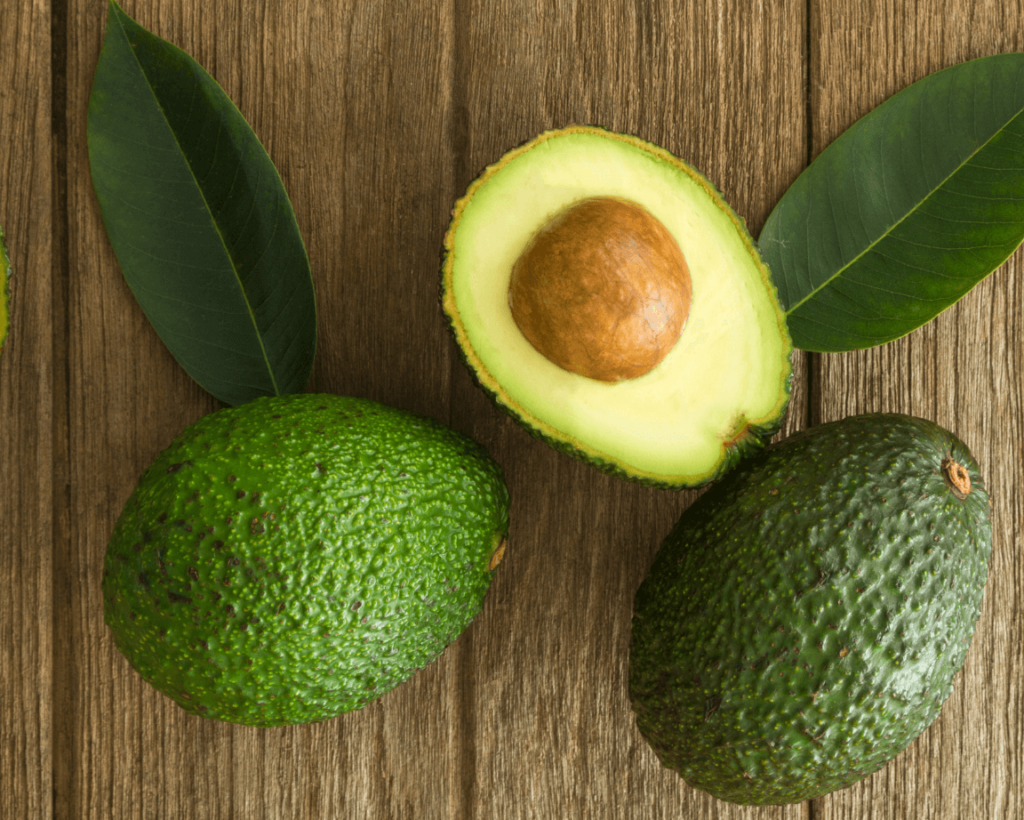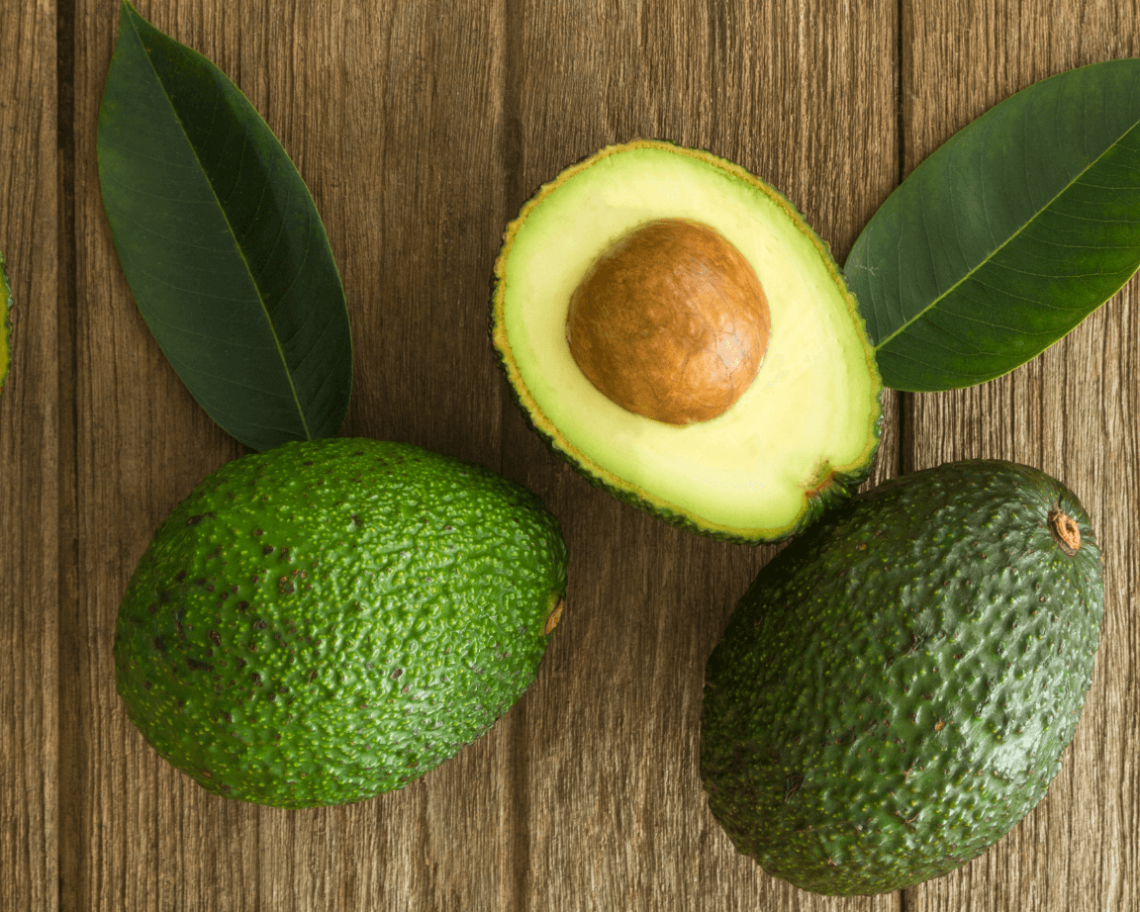Avocados have become increasingly popular in recent years, and for good reason. Not only are they delicious and versatile, but they also offer a wide range of health benefits. In this article, we will explore seven surprising benefits of avocados that you may not be aware of.
1. Rich in Nutrients

Avocados are packed with essential nutrients that are beneficial for your overall health. They are an excellent source of healthy fats, including monounsaturated fats, which can help reduce bad cholesterol levels and lower the risk of heart disease. Avocados also contain a variety of vitamins and minerals, such as vitamin K, vitamin E, vitamin C, and potassium.
2. Promotes Weight Loss

Despite their high fat content, avocados can actually aid in weight loss. The monounsaturated fats found in avocados can increase feelings of fullness and reduce appetite, helping to curb overeating. Additionally, avocados are low in carbohydrates and high in fiber, which can further contribute to weight loss by promoting satiety and regulating blood sugar levels.
3. Improves Digestive Health

Avocados are a great source of dietary fiber, which is essential for maintaining a healthy digestive system. Fiber helps to promote regular bowel movements, prevent constipation, and support the growth of beneficial gut bacteria. Including avocados in your diet can help improve digestion and prevent digestive disorders such as irritable bowel syndrome (IBS).
4. Boosts Brain Health

The monounsaturated fats in avocados are not only beneficial for heart health but also for brain health. These healthy fats can improve cognitive function and mem
ory. Avocados also contain vitamin E, which is known to help protect brain cells from oxidative damage. Including avocados in your diet may help reduce the risk of age-related cognitive decline and improve overall brain health.
5. Supports Eye Health

Avocados are rich in antioxidants, including lutein and zeaxanthin, which are essential for maintaining good eye health. These antioxidants help protect the eyes from harmful free radicals and reduce the risk of age-related macular degeneration and cataracts. Adding avocados to your diet can help support long-term eye health.
6. Enhances Skin Health

Avocados are not only beneficial for your internal health but also for your skin. The high levels of healthy fats and antioxidants in avocados can improve skin elasticity, reduce inflammation, and promote a youthful appearance. You can even use avocados topically as a natural face mask or moisturizer to nourish and hydrate your skin.
7. Reduces Inflammation
Chronic inflammation is linked to numerous health conditions, including heart disease, diabetes, and certain types of cancer. Avocados contain anti-inflammatory compounds, such as polyphenols and flavonoids, which can help reduce inflammation in the body. Including avocados in your diet may help lower the risk of chronic inflammation and associated diseases.
Do avocados burn belly fat?

Avocados have gained a reputation as a superfood due to their rich nutrient profile, including healthy fats, fiber, vitamins, and minerals. One of the most notable components of avocados is their high content of monounsaturated fats, particularly oleic acid, which is associated with various health benefits, including heart health and weight management.
While some proponents claim that avocados can specifically target belly fat, the evidence supporting this notion is limited. Avocados contain monounsaturated fats, which are considered beneficial for heart health and may aid in weight loss when consumed as part of a balanced diet. These healthy fats are thought to promote feelings of fullness and satisfaction, potentially reducing overall calorie intake and contributing to weight management efforts.
How to eat avocado to lose weight?

Incorporating avocados into your diet strategically can indeed support weight loss efforts due to their nutrient density and satiating properties. Here are some tips on how to eat avocados to aid in weight loss:
1. Control portion sizes
While avocados are nutritious, they are also calorie-dense. Be mindful of portion sizes to avoid consuming excess calories. A typical serving is about one-quarter to one-half of an avocado, depending on your calorie needs.
2.Use as a substitute
Avocado can be used as a healthy substitute for less nutritious ingredients. For example, you can use mashed avocado as a spread instead of mayonnaise or butter, or as a creamy base for sauces and dressings instead of heavy cream or oil.
3.Add to salads
Adding avocado slices or cubes to salads can increase their nutrient content and make them more filling. The healthy fats in avocados can enhance the absorption of fat-soluble vitamins found in vegetables.
4.Incorporate into smoothies
Adding avocado to smoothies can create a creamy texture and boost their nutritional value. Pair it with leafy greens, fruits, and protein sources like Greek yogurt or protein powder for a balanced meal or snack.
If you have any queries related to medical health, consult Subhash Goyal or his team members on this given no +91 99150 72372, +91 99150 99575, +918283060000





